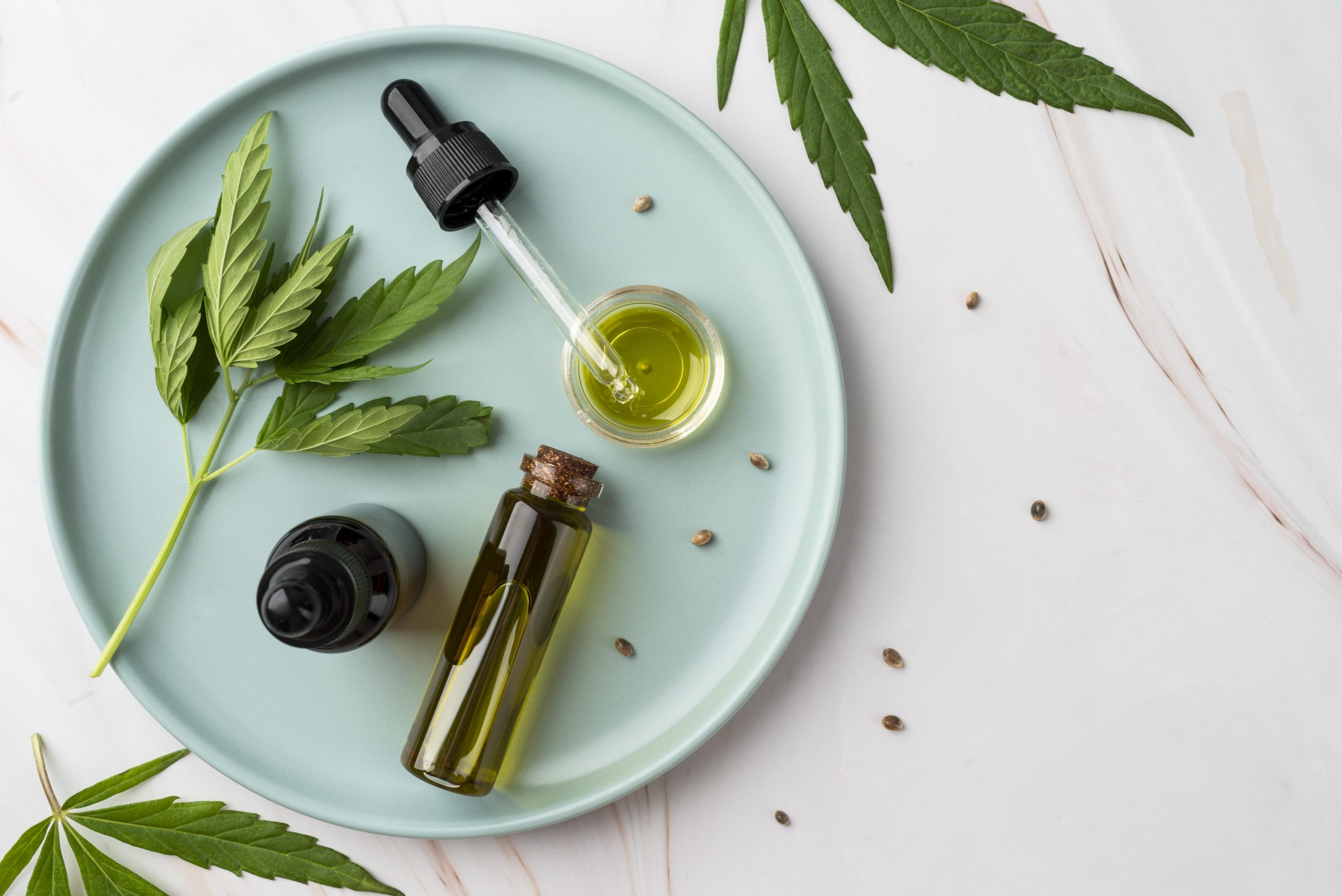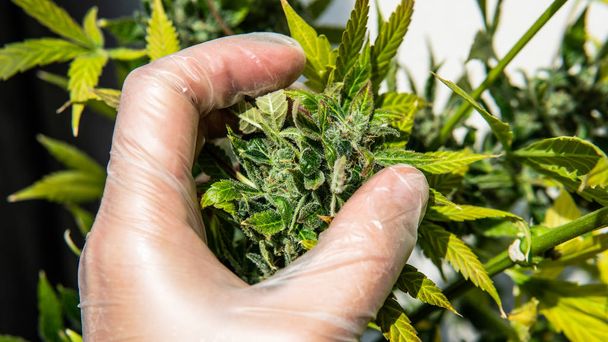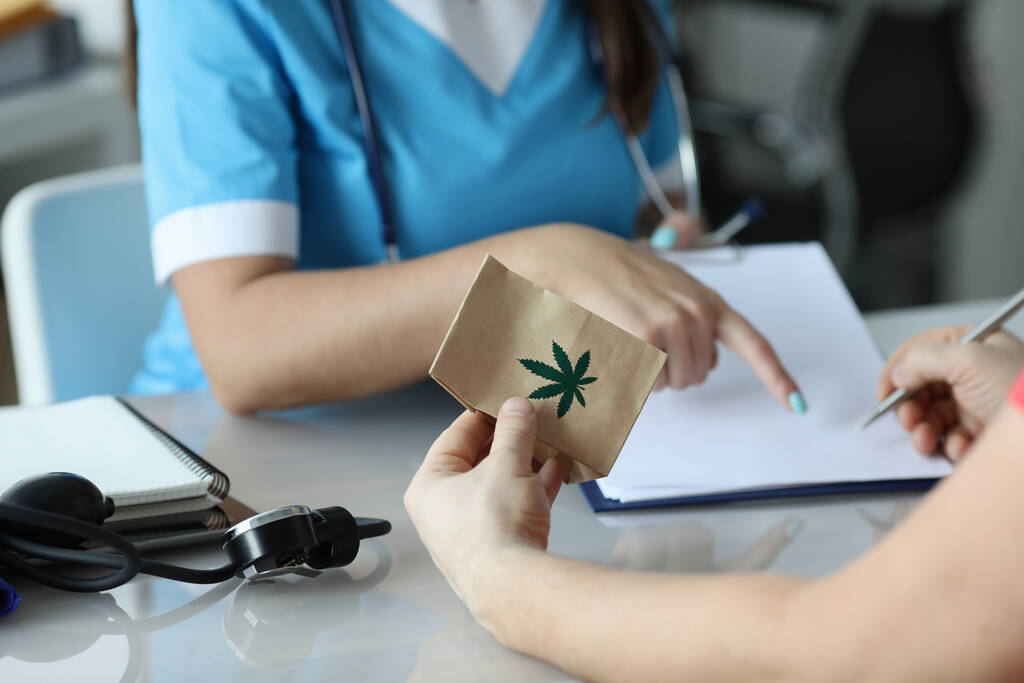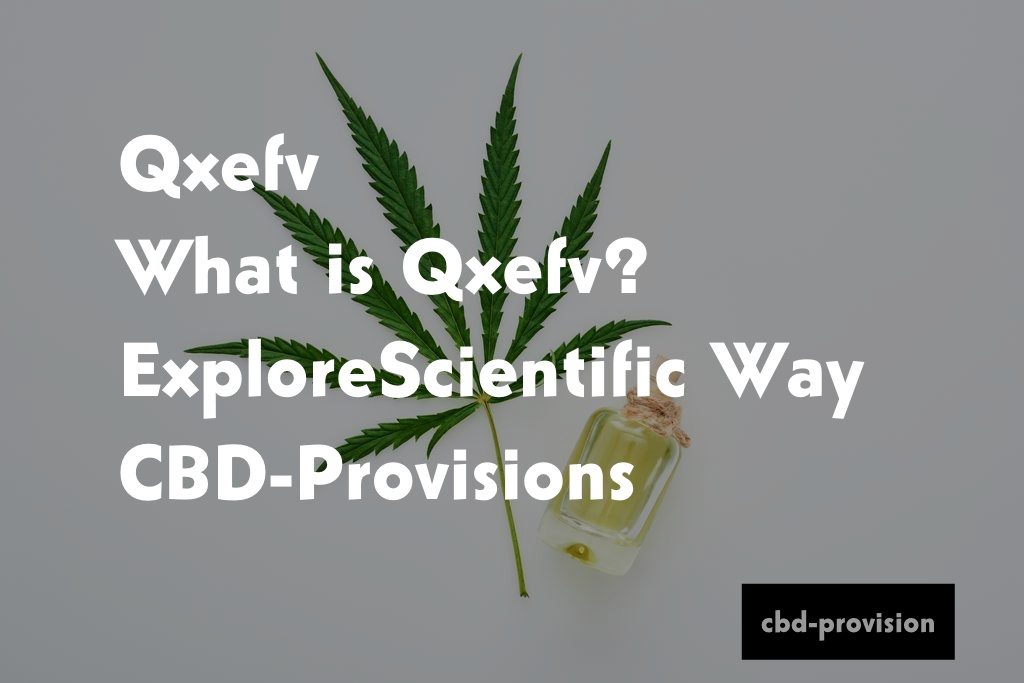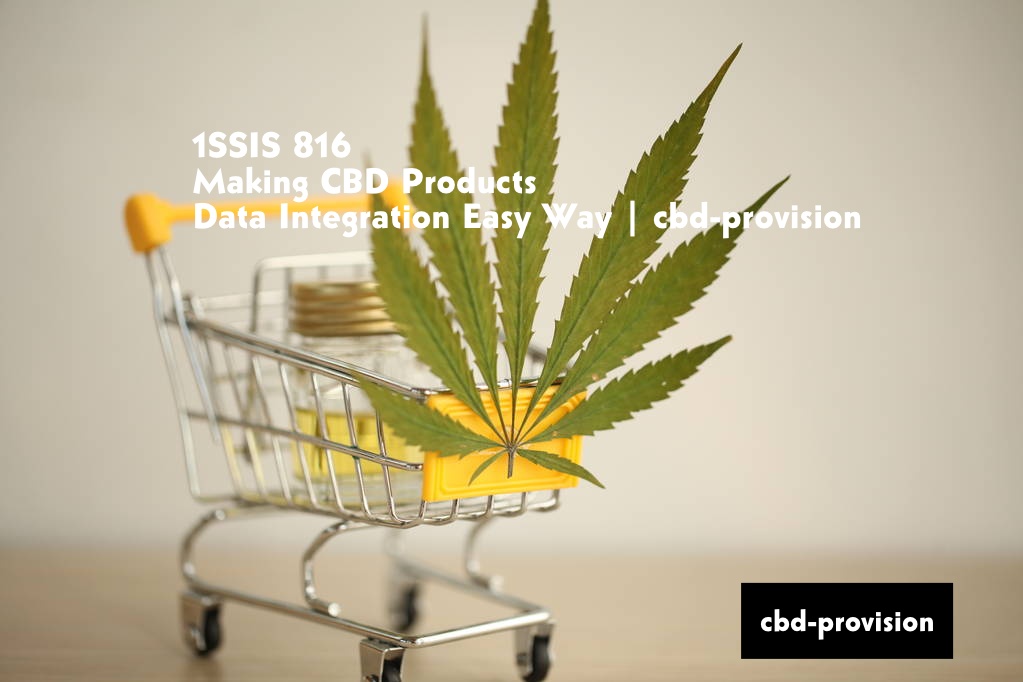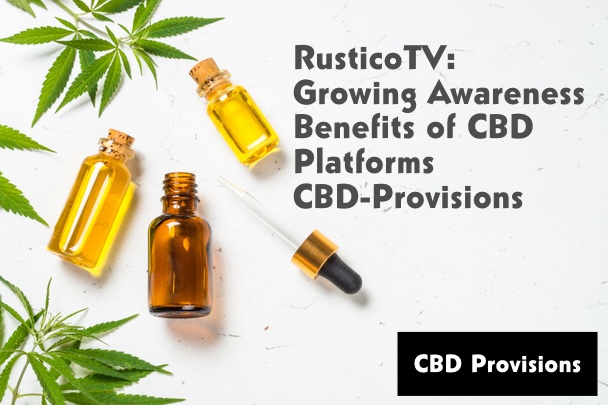The Therapeutic Potential of CBD Oil:
Insights and Findings”Cannabidiol, or CBD for short, is a naturally occurring substance in the cannabis plant. Contrary to its notorious cousin THC (tetrahydrocannabinol), CBD has no psychoactive effects and does not make one feel “high.” Instead, CBD engages the endocannabinoid system (ECS), a complex receptor network regulating several biological activities.
CBD Oil: Nature’s Remedy for Wellness and Balance. Harness the power of cannabidiol to soothe the mind, relax the body, and restore harmony. Experience the natural benefits of CBD oil and embark on a journey of holistic healing.
CBD Oil Potential Side Effects
One of CBD oil’s most frequently mentioned adverse effects is dry mouth. Less saliva is produced when CBD interacts with cannabinoid receptors in the salivary glands. Drinking water and staying hydrated can help ease this discomfort.
Modifications in Appetite:
Some people’s appetites may change due to CBD oil. While some people could feel more hungry, others might feel less hungry. More research is required to understand these effects’ mechanisms because they can differ thoroughly.
Drowsiness and tiredness:
Some people may experience drowsiness and exhaustion due to CBD oil’s calming and relaxing effects. Refraining from driving or using powerful equipment is advised until you are familiar with how CBD affects your body.
Diarrhea:
High doses of CBD oil can result in gastrointestinal problems, including diarrhea. Starting with a low dose and gradually increasing it reduces the likelihood of this side effect by allowing your body to adjust.
Drug Interactions:
Some drugs, notably those metabolized by the cytochrome P450 enzyme system in the liver, may interact with CBD. Before adding CBD oil to your regimen, you must speak with a medical practitioner if you use any prescription medications.
Dispelling Myths and False Claims
1. CBD Oil Is Addictive: Research has shown that CBD is not addictive and does not lead to the same reliance as THC. In addition, because CBD does not activate the brain’s reward system, there is less chance of addiction or misuse.
2. CBD Oil Makes You Drunk: As was already explained, CBD has no psychoactive effects. It doesn’t make you feel drunk or affect your ability to think clearly. To avoid mental-altering effects, utilizing CBD products with a THC content of less than 0.3% is crucial.
3. CBD Oil is a Cure-All: Although it has demonstrated potential in some fields, it is not a panacea for all diseases. Further scientific research is required to properly comprehend CBD’s possible advantages and restrictions because the investigation is still in its early phases.
We have been able to distinguish fact from fiction, dispel popular myths, and reveal the truth about this natural medication due to our mission to demystify the adverse effects of CBD oil. With growing acknowledgment of and acceptance of its potential therapeutic effects, CBD oil has emerged as a promising alternative for some medical issues. However, despite its growing popularity, false information and preconceived notions about the side effects of CBD oil have left users and potential customers needing clarification and apprehensive.
By digging into the available scientific research and studies, we can undoubtedly state that CBD oil is generally well-tolerated and safe for intake, with few side effects. Contrary to widespread assumption, CBD oil does not have addictive or psychotropic side effects. Its lack of psychoactive properties sets it apart from its cousin chemical, THC, which is present in marijuana. The World Health Organisation (WHO) has confirmed CBD’s safety profile by stating that it has no abuse or dependence potential. These results dispel the widespread misconception that CBD oil harms mental health or degrades cognitive ability.
To uncover the truth about CBD oil’s side effects, it’s critical to approach the matter critically, focusing on reliable sources and scientific information. In addition, quality assurance and regulation are essential as the market for CBD products continues to grow. Therefore, customers ought to prioritize doing business with trustworthy businesses that follow strict manufacturing guidelines and provide the findings of independent testing. This guarantees the CBD oil they consume is pure, effective, and secure.
Debating the myths around CBD oil side effects takes constant dedication to scientific research, open communication, and community outreach. We must be diligent in distinguishing false claims from substantiated facts as researchers explore deeper into the therapeutic capabilities of CBD oil and its influence on various health disorders. By doing this, we can embrace CBD oil’s potential as a beneficial addition to natural treatments and enable people to make well-informed decisions about their health and well-being.
References:
- World Health Organization. (2018). Cannabidiol (CBD) Critical Review Report. Retrieved from
- Huestis, M. A. (2007). Human cannabinoid pharmacokinetics. Chemistry & Biodiversity, 4(8), 1770–1804.
- Iffland, K., & Grotenhermen, F. (2017). An update on safety and side effects of cannabidiol: a review of clinical data and relevant animal studies. Cannabis and Cannabinoid Research, 2(1), 139–154.
- FDA. (2020). What You Need to Know (And What We’re Working to Find Out) About Products Containing Cannabis or Cannabis-derived Compounds, Including CBD. Retrieved from Cannabis-derived
- Taylor, L., Crockett, J., Tayo, B., & Morrison, G. (2020). A phase 1, open-label, parallel-group, single-dose trial of the pharmacokinetics and safety of cannabidiol (CBD) in subjects with mild to severe hepatic impairment. Journal of Clinical Pharmacology, 60(8), 1090–1105.
